According to the Global Islamic Economy Report (SGIE) 2022, spending on Halal products and services is expected to reach 1.67 trillion USD by 2025. This will be an opportunity for Vietnamese agricultural and aquatic products to enter the Halal market if there is proper and effective investment.

Halal market grows even during pandemic
Halal is an Arabic word meaning "lawful" or "permissible". According to Islamic law, all food sources are lawful except those from animals or animal products which are forbidden (Haram). Their products and derivatives are also considered unlawful.
Some special products that meet Halal standards are milk (cow, sheep, camel, goat), honey, fish, fresh vegetables or dried fruits; nuts such as peanuts, cashews, hazelnuts;… cereals such as wheat, rice, barley;…
SGIE 2022 pointed out that Halal food spending has seen a growth of nearly 7% even during the COVID-19 pandemic, reaching USD 1.27 trillion in 2022 and is expected to reach USD 1.67 trillion by 2025.
Currently, there are more than 2 billion Muslims in the world . Many Muslim countries are actively participating in the global Halal market - a market that requires many specific and very strict requirements. Everyday foods must be certified according to Halal standards.
Mr. Truong Xuan Trung, Vietnam Trade Counselor in the United Arab Emirates (UAE), said that the size and demand of the Halal market is very large. If we look at the growth figures on consumption of main commodity groups in the UAE market, we can see that Vietnam has strengths in commodity groups such as agricultural products, processed agricultural products, and cereals. To further promote the export of Vietnamese goods to the Halal market, Vietnamese enterprises must have Halal certificates to meet export standards to Muslim countries.
In recent years, the number of Vietnamese enterprises qualified to export Halal products has increased, showing more interest and investment in this market. It is worth noting that compared to other export markets such as the US or Europe, logistics costs to the Muslim market are often much lower, thus contributing to increasing the competitiveness of Vietnamese products.
To exploit the Muslim market systematically, according to experts, there should be mechanisms and policies to support the development of an ecosystem as well as a business community making Halal products in Vietnam, avoiding the current fragmented, fragmented and ineffective implementation. Because Halal standards have not only stopped at the production stage but also entered the distribution, service and consumption stages.
Vietnam is also one of the world's export powerhouses (ranked 2nd in the region and 23rd globally) with strengths in agricultural products and processed foods - products with great demand in the Muslim market. However, we are not yet on the list of 30 typical Halal food suppliers in the world. The main reason, according to experts, is that we are implementing according to the spontaneous needs of each enterprise without a systematic national strategy to promote the export of Halal products.
Halal standards are increasingly stringent
Deputy Minister of Agriculture and Rural Development Phung Duc Tien commented that with the ability to export over 50 billion USD worth of agricultural products each year and having built supply chains, this will be an opportunity for Vietnamese agricultural and aquatic products to enter the Halal market if there is proper and effective investment, creating momentum for agricultural economic development.
According to Deputy Minister Phung Duc Tien, although agricultural and aquatic products have been exported to many markets and trade promotion has been effective, Vietnam still has to enter demanding and specific markets such as the Halal market. Thereby, Vietnam's agricultural products can have many segments, many markets, and export turnover will be higher.
Mr. Truong Xuan Trung, Vietnam Trade Counselor in the United Arab Emirates (UAE), assessed that Vietnam has a policy of developing relations with Middle Eastern and African countries; including promoting cooperation in production, import, and Halal certification. This is also a favorable condition for Vietnamese enterprises to export products to the Halal market.
According to experts, although it is a large market with great potential and favorable geographical location, Vietnamese goods in general and agricultural and aquatic products in particular are only at the initial stage of exploration in the Halal market. However, the biggest challenge for the Halal industry is that there is no single Halal standard recognized worldwide.
According to Ms. Ly Kim Chi - Vice President of Ho Chi Minh City Business Association (HUBA), President of Ho Chi Minh City Food and Foodstuff Association (FFA), Halal standards and regulations are becoming increasingly strict.
According to the Ho Chi Minh City Food and Foodstuff Association (FFA), the majority of potential enterprises in the association such as Vinamilk, Bibica, Cholimex, etc. have been Halal certified and have been exporting to the Muslim market for many years.
Notably, Vinamilk has successfully conquered Middle Eastern consumers with quality Halal products that fully meet the criteria and requirements of this market. Started exploring since the 2000s, the Middle East has now become a key market, contributing more than 85% to Vinamilk's total export revenue with key product lines such as powdered milk, nutritional powder, condensed milk, etc.
"But in general, the export value is still modest compared to the potential of the enterprise," Ms. Ly Kim Chi admitted. The reason for this situation mainly comes from differences in business culture and consumer tastes. In particular, all Muslims follow the beliefs and religions of Islam, in which consuming Halal food is considered a religious obligation that Muslims must comply with, through Halal certification for products.
Deputy Minister of Agriculture and Rural Development Phung Duc Tien said that the potential and requirements for agricultural products, especially Vietnamese livestock products, to enter the Halal market have been clearly identified. Therefore, businesses need to closely coordinate with state management agencies and specialized units of the Ministry of Agriculture and Rural Development such as the Department of Livestock Production, the Department of Veterinary Medicine, the Department of International Cooperation, etc. to approach and gradually perfect the process, remove technical barriers, and soon bring livestock products, typically Vietnamese chicken, to the Halal market.
"Enterprises must have specific plans and schedules for each task and content so that specialized agencies of the Ministry of Agriculture and Rural Development can promptly support the entire production process from: breeding, barns, feed, slaughter... to be completed according to Halal standards," Deputy Minister Phung Duc Tien emphasized.
Source








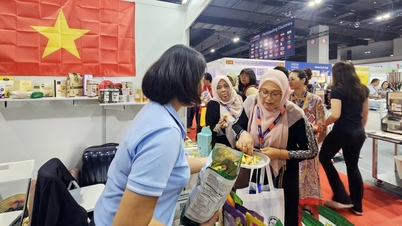




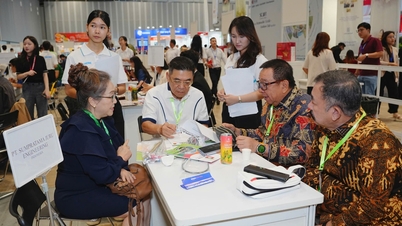




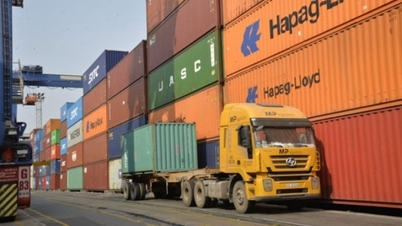


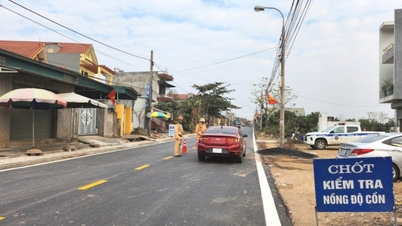
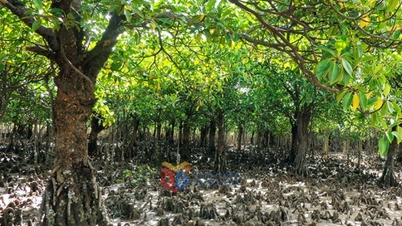






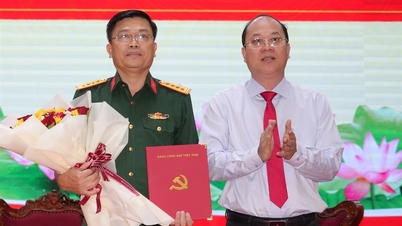

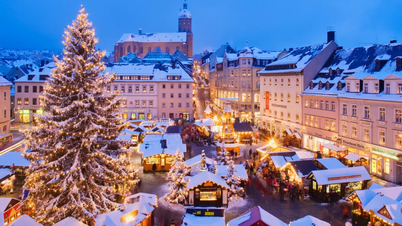
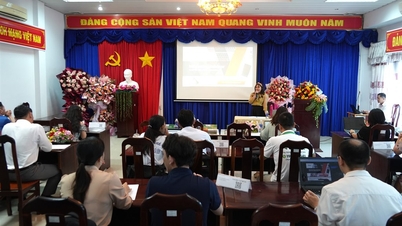
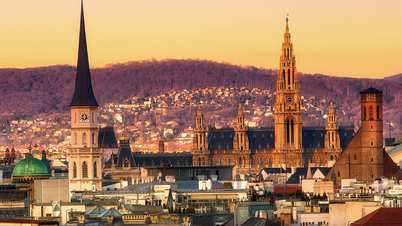


































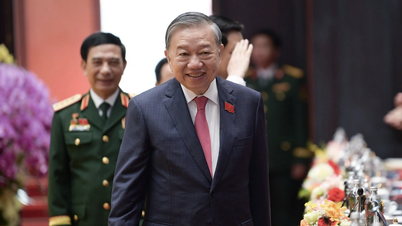



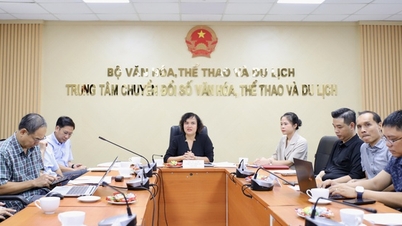
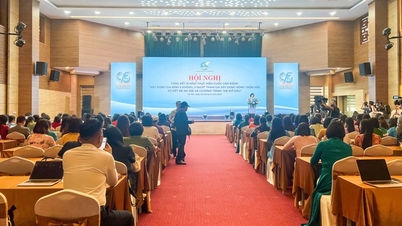
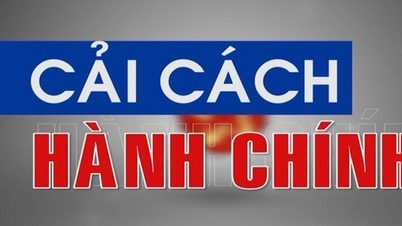


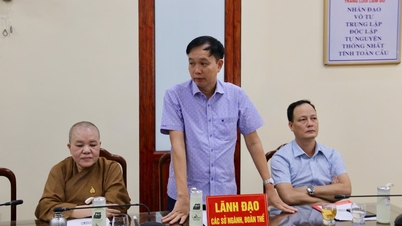



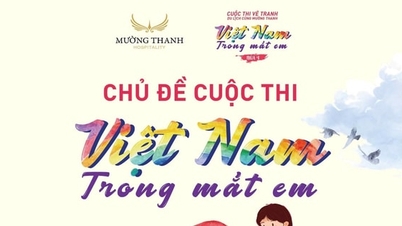

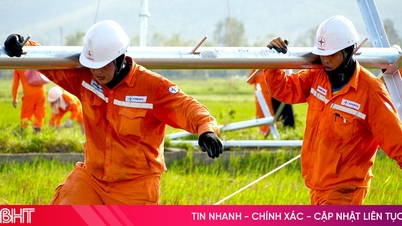
















Comment (0)